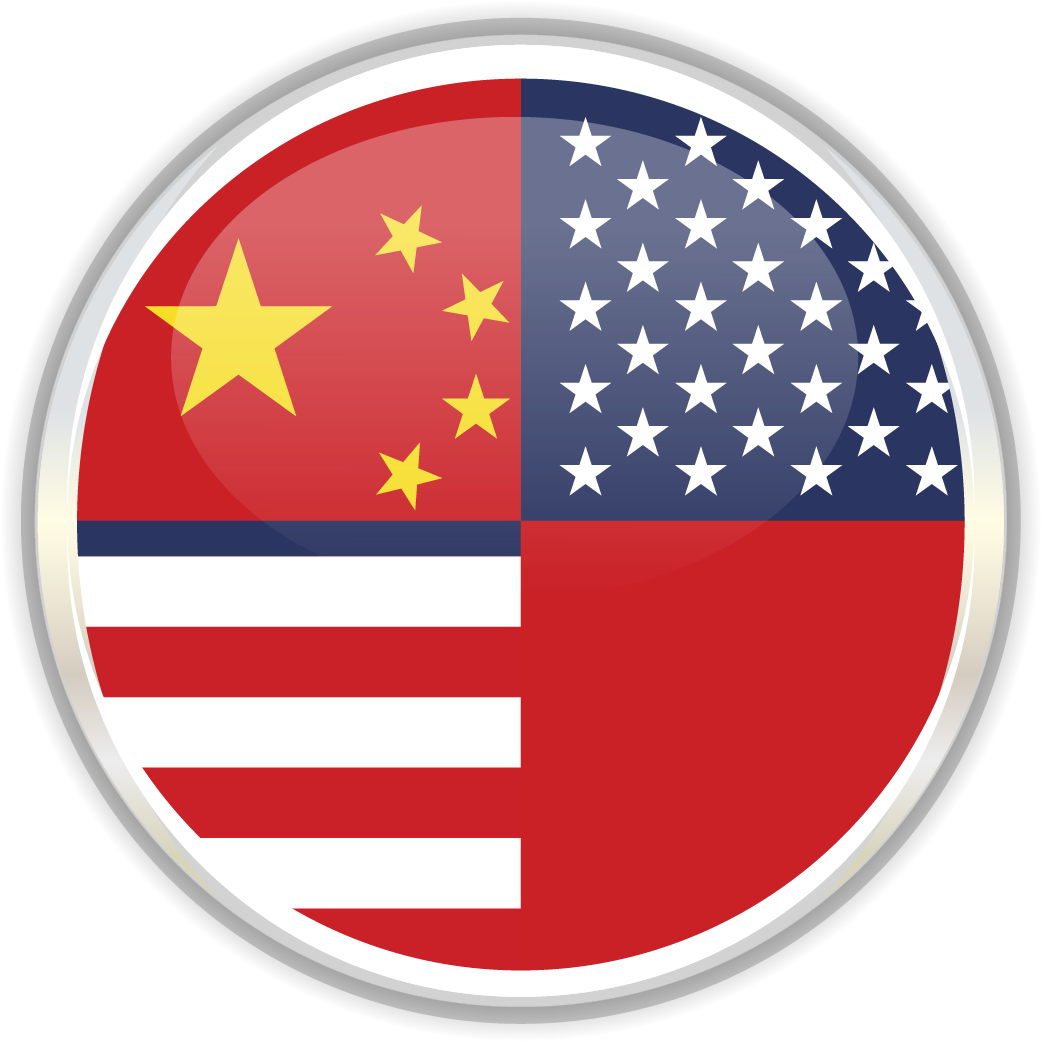管子语录 汉英双解
【原文】 先王之游也,春出,原农事之不本者,谓之游。秋出,补人之不足者,谓之夕。夫师行而粮食其民者,谓之亡。从乐而不反者,谓之荒。先王有游夕之业于人,无亡荒之行于身 。《戒》
【汉解】 先王的出游,春天外出,调查农事上经营有困难的,叫作‘游’;秋天外出,补助居民中生活有不足的,叫做‘夕’。那种人马出行而吃喝老百姓的,则叫作‘亡’;尽情游乐而不肯回来的,则叫作‘荒’。先王对人民有游、夕的事务,自己却从没有荒、亡的行为。
【英译】When the former kings made their tours, going out in the spring to check if there were any lack of basic necessities for agriculture was called a spring tour. Going out in the fall to provide aid wherever people were short of provisions was called an end-of-the-year excursion. Now, when the army marches[along with the ruler], taking grain and provisions from the people, it is called being destructive. When the ruler follows his pleasure and does not repent, it is called being reckless. The former kings engaged in the business of spring tours and end-of-the –year excursions on behalf of others. They, did not engage in destructive or reckless practices for their personal pleasure.
